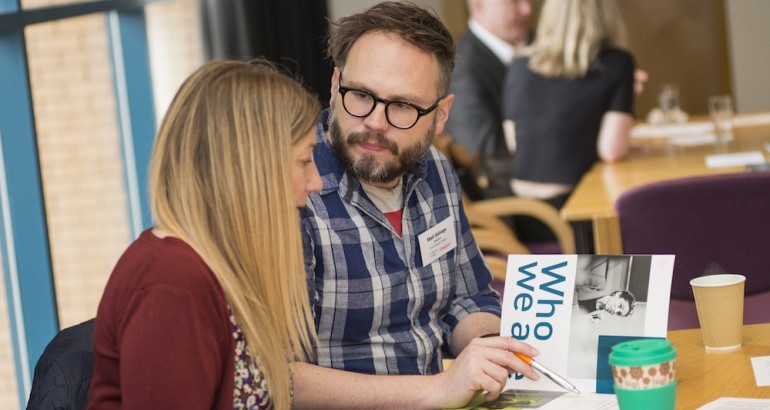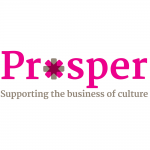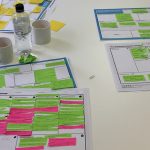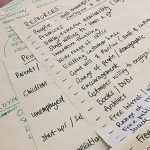Today we launch our evaluation report on the Prosper project that shows that we have enhanced the understanding of what works for business support provision in the creative and cultural sectors.
There’s a lot of discussion around resilience in the arts and creative industries, at a time when the number of students taking arts qualifications is declining and organisations are seeking to diversify their income sources in light of increasing competition for grants.
When we launched the Arts Council England-funded Prosper programme in 2017, we wanted to reach and connect with companies of all shapes and sizes across England to learn about the changes they would like to see in their businesses. We then delivered a high-quality business support programme so they could achieve their goals and become more resilient in today’s changing funding landscape.
Today’s evaluation report on the Prosper project shows how we engaged all parts of the creative cultural sector, provided expert advice to the cohort and helped them diversify their income streams.
Demand for Prosper showed the keen interest in business support activities
Applications for Prosper from across the diversity of the sector – from creative enterprises, arts organisations, museums and libraries – exceeded places available several times over, with even greater registered interest expressed. This success in engaging the whole breadth of the industry showed the efficacy of our awareness-raising activity, given that two-thirds of applicants had not used business support in the previous two years.
The 70 organisations chosen to participate in the programme could choose from a range of business support activities, but the overwhelming preference was for one-to-one support through business advisors – 91% of the 715 hours of support we delivered were spent in this way and client satisfaction was very high.
Chose 1:1 support
This offers a key insight into the way that these organisations are seeking to develop their practice and confirmed Arts Council England’s evidence of the national demand for specialised, expert, tailored advice.
“Prosper was very stimulating for us, including bringing external thinking in and challenging some of our ways of working. My team – especially the managers – were engaged and interested in it, and it’s helped stimulate not just new ideas but a new approach to idea generation.”
Prosper participant
Helping organisations diversify their funding mix
We don’t believe that grant funding alone offers a sustainable path of financial support for creative and cultural organisations but the understanding of how to create the right mix of alternative routes can be limited. That’s why we created a suite of resources through the AMA’s CultureHive hub, such as Remi Harris’s guide to creating a funding mix and Mark Robinson’s collection of case studies on diversifying revenue streams.
We’re delighted to see from the report that 18% of clients had launched a new product or service since the programme, and a further 50% planned to do so. Similarly, 17% had diversified their funding and a further 67% planned to do so.
Interestingly, the report findings showed a strong commitment to business development, enterprise and innovation from the cohort. But this is only partially reflected by much of the language of business support, and possibly even discouraged by some phrases such as ‘investment readiness’.
It’s a great lesson to us in how we can actively demystify the process by dispelling the jargon, given that 82% of the cohort said they’d invest in more business support in the future now that they were bought into it. It’s incumbent on all of us working in business support activities to reflect the culture, values, organisational diversity and languages of the cultural creative sector if we’re going to make them successful.
“It’s easy to feel clueless, alone and unsure where to start in these situations. But the Prosper programme has definitely been a springboard to greater things.”
Prosper participant
What next?
The next part of the programme is to scale activities beyond these 70 participants. If you’re interested in funding activities that work to increase the resilience of the sector, we’ve love to hear from you.








